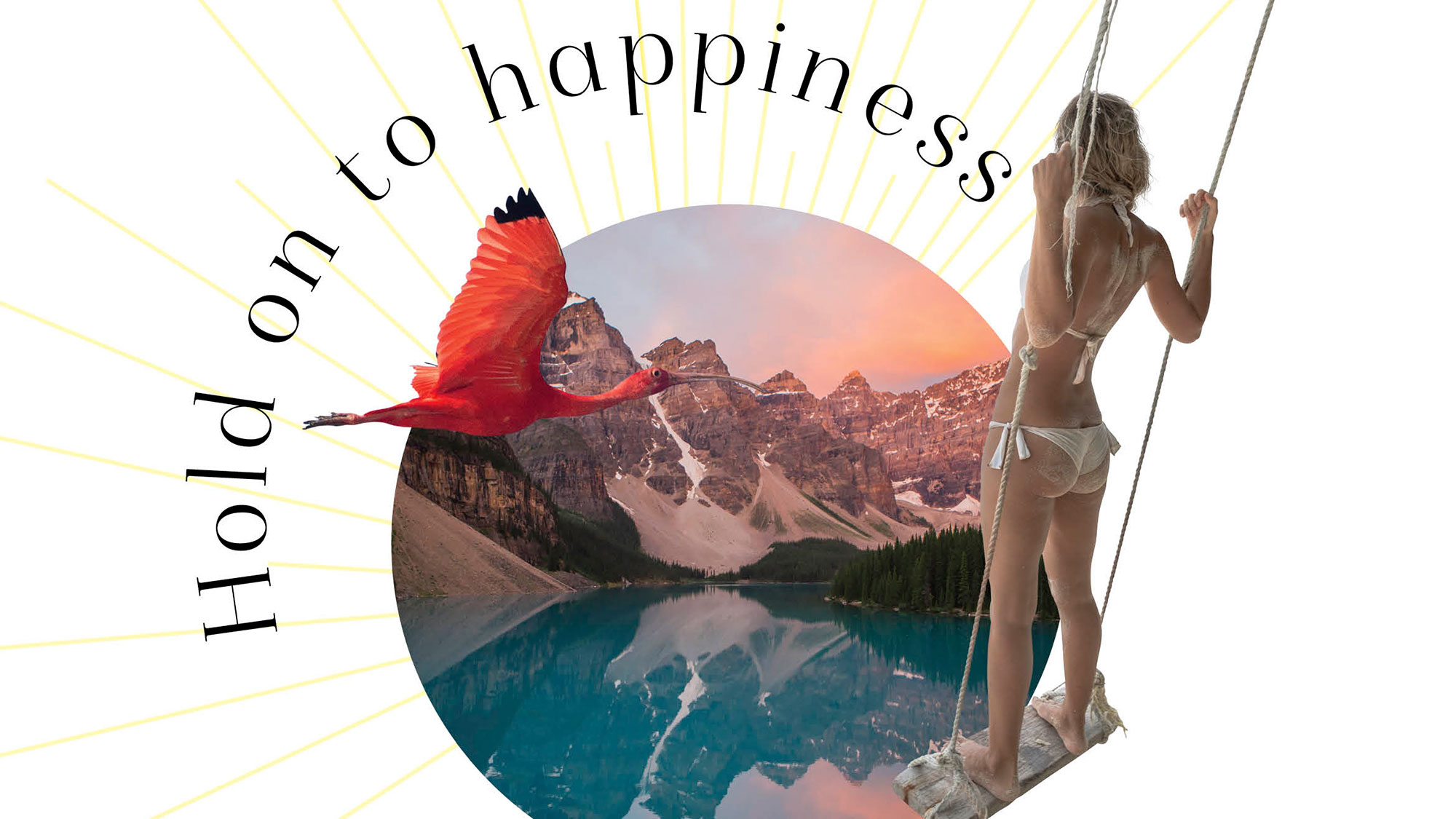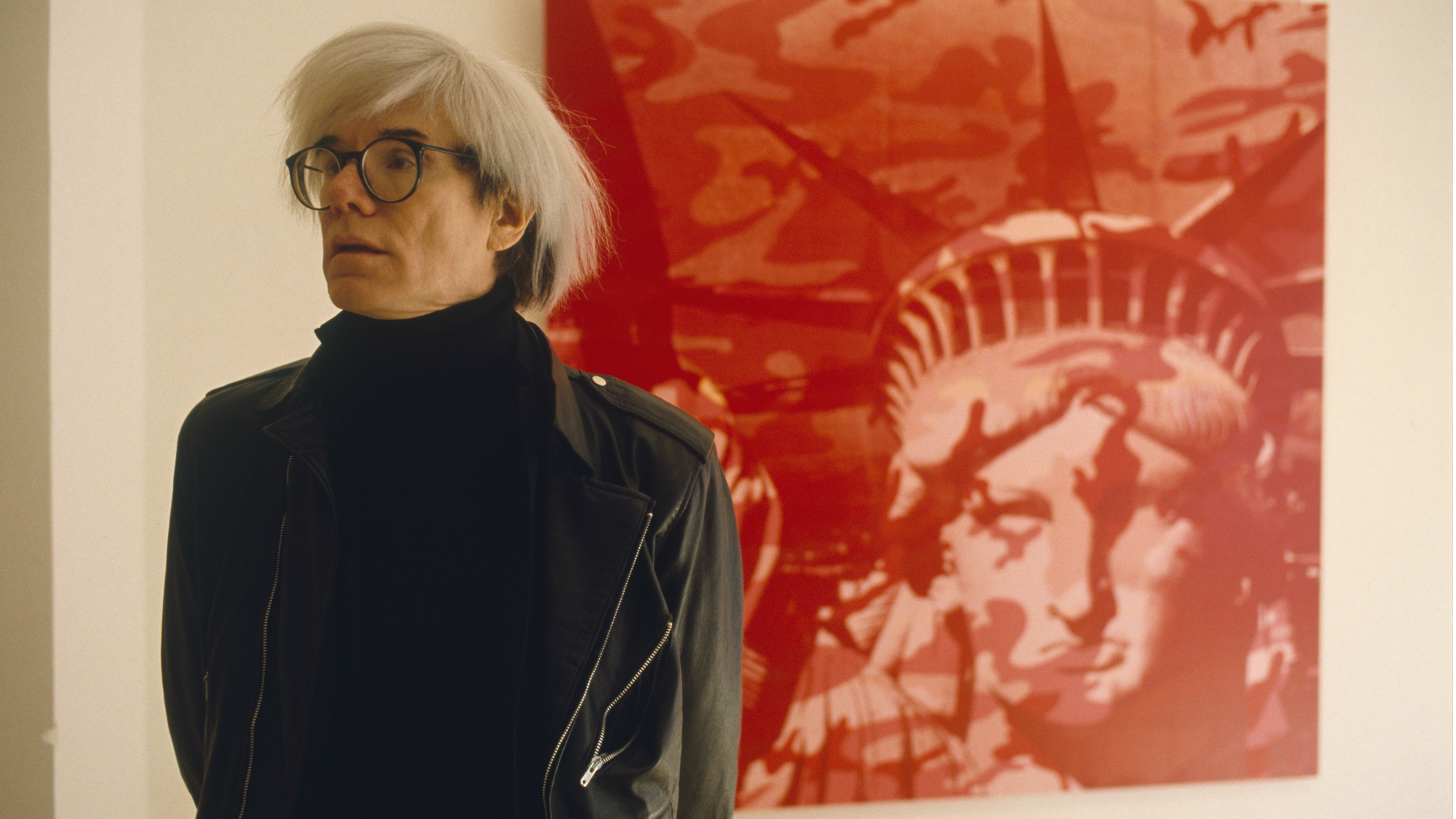How to make happy memories last forever – and boost your well-being
Has all this time in isolation had you reminiscing on sunnier days past? Good - because remembering happy moments is key to our sense of self and overall well-being. Rosie Mullender reports on how we can keep ahold of them in our tech-overloaded lives...

Has all this time in isolation had you reminiscing on sunnier days past? Good - because remembering happy moments is key to our sense of self and overall well-being. Rosie Mullender reports on how we can keep ahold of them in our tech-overloaded lives...
It’s happened to the best of us: those moments when a laptop freezes or a phone dies, and we feel a wave of panic as our brain scrambles to remember when we last backed up – and which memories have been lost. From photos of life’s big moments to lists of the books we’ve read and films we’ve seen, we’re increasingly reliant on technology to keep our happiest memories safe. So-called ‘cognitive offloading’ – outsourcing our need to remember things to the internet – is changing the way our brains store information and eroding our ability to recall them for ourselves.
But, being able to make and recall happy memories is crucial to our overall well-being, and is the subject of a new book by Meik Wiking, a researcher at the Happiness Research Institute. The Art Of Making Memories aims to boost the number of experiences we can turn into happy memories and, crucially, teach us how to remember them.
‘Happy memories form the cornerstone of our identity, and can help with combating depression and loneliness,’ says Wiking. ‘They influence our happiness in the current moment, as well as providing a framework for our hopes and dreams about the future.’ Nostalgia makes us happy, increasing self-esteem and strengthening social connectedness, so the more vividly we remember the good times, the happier we are overall.

When it comes to memory, says Wiking, researchers have identified a ‘reminiscence bump’ – the years in early adulthood that we remember most vividly. The decades in which we tend to experience the most ‘firsts’ – first kiss, first job, first home – are the most memorable. By comparison, when we enter the daily grind in our thirties and forties, memories tend to blur together. ‘Finding ways we can continue to achieve new experiences is a good strategy for making memories that will last for decades,’ says Wiking, but that doesn’t have to mean spending a fortune on exotic travel, or ditching your job. Stepping out of your comfort zone, even if that just means trying food you’ve never eaten before, can help to make a memory harder to forget.
‘If an experience is emotional, it sticks in our mind, whether it was good or bad,’ explains Wiking. ‘Doing something that scares us is like using an emotional highlighter pen. When making a decision, ask yourself, “What will I remember in ten years’ time?” On holiday, you might like to read a book, but going on a jet ski for the first time will be more memorable. Even though you won’t always want to choose that option, it’s important to involve your future self in that decision.’
‘Being mindful is like turning up the volume of an experience and helps embed it in your memory’
Staying present in each moment also helps solidify memories. ‘You could be in the most amazing place in the world, but if your mind is still back in the office, or going over an argument you had with your boyfriend, you won’t be fully present,’ says Deborah Smith, positive psychologist and author of Grow Your Own Happiness. ‘We live in two modes: the narrative and the experiential,’ she adds. ‘When we’re locked in the narrative mode – a dialogue is going on in your head, or you’re giving yourself a hard time – it stops you being in the moment, no matter how good it might be, which creates a lot of anxiety.
Marie Claire Newsletter
Celebrity news, beauty, fashion advice, and fascinating features, delivered straight to your inbox!
‘The more you can bring yourself back to the moment – into the experiential mode – the better. Try to be aware of your environment, really seeing, hearing and feeling it, so that all your senses are awake and alive. Being mindful is like turning up the volume of an experience and helps embed it in your memory.’
If you’ve ever heard a song or encountered a familiar fragrance and been whisked straight back to another time and place, you’ll know how potent our senses are when it comes to evoking memories, and harnessing this potency can help cement them. The artist Andy Warhol changed the scent he wore every three months, then never wore it again. He knew that whenever he smelled it, he’d be taken back to that specific period of time. And while Warhol’s way of embedding memories might be extravagant, we can apply the same principle to our own lives.

‘Research shows that when people with dementia are played particular songs, it can help to trigger their memory,’ explains Smith. ‘You can try it yourself: put on a track you loved when you were 16, and you’ll suddenly remember what you were doing and who you were hanging out with.’ Making a playlist for special moments, or linking them to a particular smell, can help us recall them in more vivid detail later on. Even listening to a particular album on your commute and switching it up every couple of months can help you recall different periods of time more clearly.
Of course, most of us use visual cues to remember happy times. But, Smith warns, there’s a balance to be struck between capturing memories and ruining the moment. ‘Research has shown that our memory of an event is actually stronger if we haven’t taken lots of photos,’ she says. ‘If you’re taking 100 pictures of a sunset, you’re not really seeing it.’
Wiking advises setting up an Instagram or Facebook account for photos that might seem boring to other people, but will work as memory triggers for you. ‘What we choose to post on social media is partly influenced by what other people will think,’ he explains. ‘But the photos that will be meaningful for us get edited out.’
Once you’ve got into the habit of savouring your happy moments, they’ll become easier to remember. And, Smith says, it’s not just the big occasions we should be committing to memory. ‘Celebrate all your victories, no matter how big or small. If you’re striving for something, commemorate each goalpost along the way. There are so many lovely moments in life we think don’t count, but if you pay attention, every one of them can.’
Happy days
Five quick tricks for making joyful memories stick
Don’t just see, observe
Selective attention means the brain filters out anything it thinks isn’t relevant. By concentrating on the details of a moment, you’re more likely to remember it. Practise switching from the narrative to experiential.
Remove distractions
Our senses are continually bombarded, so to keep your mind focused on the present, it helps to remove other distractions. Put your phone away and notice the difference it makes.
Share stories
Repeating anecdotes strengthens the ‘muscle’ of a memory. Talking about a happy time a week, month and year after the event will solidify it. It’s also a great way of helping kids form strong childhood memories.
Enjoy the journey
As well as remembering hedonic pleasures, think back to how you felt when you strived for a long-term goal or went through a period of personal growth. So-called eudaimonic pleasure adds meaning to our lives.
End experiences with a bang
The peak-end effect means we remember the peak and end of an experience above everything else. So, if you weave a special moment into the last part of an event, you’ll create a more positive memory overall.
The Art Of Making Memories: How To Create And Remember Happy Moments by Meik Wiking (£12.99, Penguin Life); Grow Your Own Happiness by Deborah Smith (£12.99, Aster Books)
The leading destination for fashion, beauty, shopping and finger-on-the-pulse views on the latest issues. Marie Claire's travel content helps you delight in discovering new destinations around the globe, offering a unique – and sometimes unchartered – travel experience. From new hotel openings to the destinations tipped to take over our travel calendars, this iconic name has it covered.